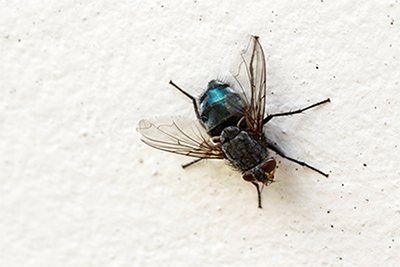 Especially in September, when the somber weight of fall falls on our hearts, it helps to position ourselves rationally when we think about the forging forth in our studies. At AU we are bettering our ephemeral essences, but we are also aiding our ambitious drive for a better income and a more stable economic life. Yet a lot of feeling goes into all that we do and our schooling is no exception.
Especially in September, when the somber weight of fall falls on our hearts, it helps to position ourselves rationally when we think about the forging forth in our studies. At AU we are bettering our ephemeral essences, but we are also aiding our ambitious drive for a better income and a more stable economic life. Yet a lot of feeling goes into all that we do and our schooling is no exception.
Vilfredo Pareto’s work suggests that “people have a ‘need’ to make their nonlogical conduct appear logical” (Zeitlin, 281). Back in high school a couple of friends and I planned to graduate in January; we signed up for extra courses at the local Adult Learning Centre and, using our own money, set out with the best of intentions. Only one of the three of us succeeded (it wasn’t me!) and that failure I chalk up to what Pareto termed our tendency towards sentiments rather than rationality. AU success is about managing expectations and being realistic. Graduating in January and moving to Calgary was worth a shot, but, if even a mild dose of reality had been seasoned into my thought-mix, I’d have realized that I’d never find the time or motivation every day after school to attend yet more school.
Ironically, one of the surest tickets to an unhappy life is to not follow one’s academic whimsy when given half a chance. AU gives us that opportunity to follow our dreams while maintaining the rest of our life. Sometimes we may be asked by others what we are going to do or get from our studies and, failing to oblige our interlocutor with a satisfactory answer, we may be given a knowing smile and the snide reply ‘not there yet, huh’. In fact, our most logical and true answer may be that we are giving the best of ourselves now to our studies because only then can we expect our future selves to apply themselves at their best when the time comes. Future success comes from present engagement and that includes managing emotions with calm economic calculus. The arc of an imagined ideal life narrative belies the fact that life is full of pitfalls, layoffs, calamities and receivership. We just don’t know what may come our way, but, if we take our time at AU as an end in itself, we’ll feel better along the way, come what may.
A second prescient reply to the demand for a logical answer to why we are back in school this September, rather than slogging away in a job we may not adore, is to go straight to the economic horse’s mouth. Economically, we are the product of a system that tends not to fulfil us as much as it claims to. Karl Marx stated that “it is not the consciousness of men that determines their being, but, on the contrary, their social being determines their consciousness” (Marx, in Zeitlin 154). Thus, AU provides the gateway for a new self-awareness to emerge, one that will provide a framework for future enrichment in the labour force as well as in our personal lives.
In this sense, far from a return to the coal mine of brick and mortar drudgery, September’s return to school is about opening windows onto realizing that our economic class position has hitherto held us back from realizing our potential. If we buy into the status quo we may never envision another future for ourselves; education is far more than just the purchase of a big ticket item costing thousands of dollars. There’s a reason why marketing of new school clothes began a month or more ago: everything external is profitable, while everything internal, including the essences of knowledge, inquiry, and critical thinking, are in many ways above and beyond market forces. To explore and inspire requires investment too, but at AU the dividends are inherently personal and invaluable rather than disinterested and cookie-cutter.
When we remember that we’re not being educated to become cogs in a machine the return to class can become a joyous act. We’re active participants in our future, both economically and emotionally. “’The chief defect of all hitherto existing materialism is that the thing, reality, sensuousness, is conceived only in the form of the object or of contemplation, but not as sensuous human activity, practice, not subjectively.’” (Marx in Derrida 74). Our September subjectivity depends on us matching our feelings with the facts. We are our own models of excellence if we choose to think of our return to class that way.
For September to work for us we have to allow our ambition to meet our emotion—not let good intentions get in the way of the fact that AU is a job requiring diligence and creativity like any other.
